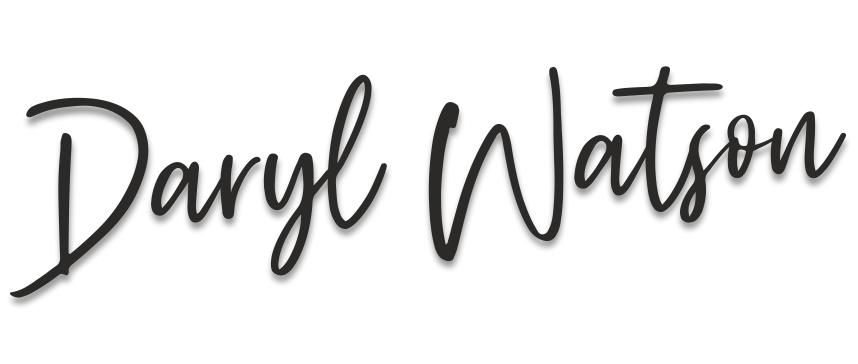Confronting ourselves with ourselves
How often are you confrontational with yourself?
A couple of weeks ago, I asked some confrontational questions on the subject of pride and humility in our missionary zone conferences.
It is my experience that it’s human nature to see faults in others, and yet much more difficult to see faults in 𝒐𝒖𝒓𝒔𝒆𝒍𝒗𝒆𝒔.
Most people run away from confronting themselves because it can hurt.
Call your Mum!
A good place to start, is by calling your mom (mum!) – she loves you and knows you well enough to really help!
We need to find enough humility to be willing to confront ourselves.
It is extremely important to be willing to admit and confess your sin, weakness, and failure.
I am a witness to the fact that there comes a time in life when confronting ourselves with ourselves is obligatory – a time when one must concede or confess the error of one’s way.
Yield
Ultimately, it starts to occur, when a prideful heart, yields to humility and meekness, and is “willing to submit to all things” – see Mosiah 3:19.
Departing from former ways, one begins to understand Psalms 51:10 which reads; “Create in me a clean heart, O God; and renew a right spirit within me.”
It is always the penitent, who know the seriousness of their sin, who approach God humbly and say, “I have nothing to offer but a broken and contrite heart.” (Psalm 51:17)
It is then and only then, that the battle with ourselves is on its way to being won.
Henry B. Eyring said; “Daily repentance is the pathway to purity, and purity brings power.”
Self-confrontation allows us to see ourselves as we really are, rather than what we want to see.
Even though it can be agonising, it allows us to grow and expand into a fuller, more settled version of ourselves.
Confronting ourselves is not about berating or criticising ourselves.
Asking Questions
It’s about asking difficult questions and committing to the process of self-reflection and self-inquiry.
“Confront the dark parts of yourself, and work to banish them with illumination and forgiveness. Your willingness to wrestle with your demons will cause your angels to sing. Use the pain as fuel, as a reminder of your strength.” – August Wilson.
It’s about holding yourself accountable.
Am I becoming the person I want to be?
Am I doing what I said I would do?
If you’re seeking to make progress in your life, learn to confront yourself.
What do I need to confront myself with today?
